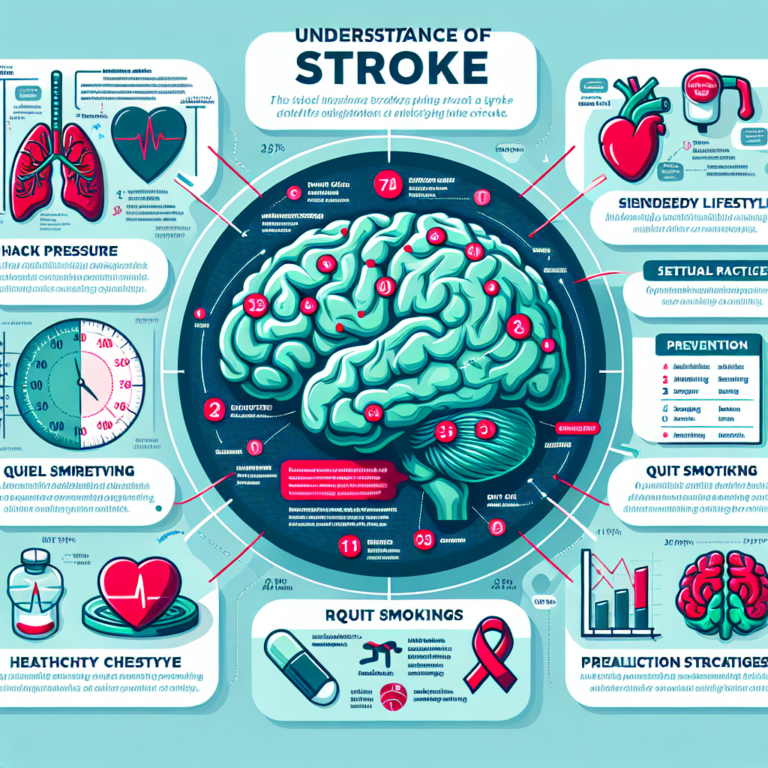
Introduction
Have you ever found yourself staring at a goal, feeling both motivated and overwhelmed? The path to achievement can seem daunting, riddled with obstacles and self-doubt. Yet, what if the key to unlocking your potential lies in one simple concept: self-efficacy? This powerful psychological construct not only influences how we approach challenges but also determines the level of effort we put forth in achieving our aspirations. In this comprehensive article, we will delve into Unlocking Potential: The Power of Self-Efficacy in Achieving Your Goals. By exploring its definition, significance, and practical applications, we aim to empower you to harness self-efficacy as a tool for success.
Understanding Self-Efficacy
What is Self-Efficacy?
Self-efficacy, a term coined by psychologist Albert Bandura, refers to an individual’s belief in their capability to execute behaviors necessary to produce specific performance attainments. This belief influences how we think, feel, and act. Those with high self-efficacy view challenges as opportunities, are more resilient in the face of setbacks, and persist longer in their endeavors.
The Impact of Self-Efficacy on Goal Achievement
When we talk about Unlocking Potential: The Power of Self-Efficacy in Achieving Your Goals, it’s essential to grasp how this belief directly correlates with successful outcomes. Research shows that individuals who maintain a strong sense of self-efficacy are more likely to set challenging goals and be motivated to achieve them. They embrace difficulties rather than avoid them, leading to greater achievements.
The Importance of Self-Efficacy in Personal and Professional Life
1. Enhanced Motivation
Self-efficacy directly influences our level of motivation. When we believe in our abilities, we are more likely to engage in challenging tasks and maintain motivation even during difficult times. This is crucial in both personal and professional settings, where the difference between success and failure often hinges on our willingness to persist.
2. Resilience Against Challenges
Everyone encounters obstacles on the path to success. However, those with a strong sense of self-efficacy are better equipped to deal with difficulties. They interpret setbacks as learning experiences rather than indications of inadequacy. This resilience is essential for achieving long-term goals, whether in academic pursuits, fitness routines, or career advancements.
3. Greater Goal Setting
Self-efficacy influences the types of goals we set for ourselves. High self-efficacy leads to the establishment of more ambitious and challenging goals. For example, a student with a strong belief in their academic abilities might aim for advanced courses or extracurricular activities, while someone with low self-efficacy might settle for minimal effort.
4. Improved Performance
The direct correlation between self-efficacy and performance levels cannot be overstated. When individuals believe they can accomplish a task, they are more likely to put in the effort required and to succeed. Bandura’s studies showed that students with higher self-efficacy tend to achieve better academic performance.
Real-World Applications of Self-Efficacy
Case Study 1: Education and Academic Success
In educational settings, self-efficacy plays a crucial role. For instance, a study involving high school students demonstrated that those with high self-efficacy in mathematics significantly outperformed their peers with lower self-efficacy, even when they had similar levels of prior knowledge. This illustrates that self-belief can often trump raw ability when it comes to achieving success.
Analysis: This case study highlights how nurturing self-efficacy in students can lead to better educational outcomes. Schools that implement programs focused on building self-efficacy can help students reach their full potential.
Case Study 2: Athletic Performance
Athletes often rely on self-efficacy to enhance their performance. Research has shown that those who visualize their success and believe in their capabilities are more likely to perform well, regardless of the inherent difficulties of their sport. For example, Olympic swimmers use self-efficacy techniques to boost their confidence before competitions, leading to improved times and lower levels of anxiety.
Analysis: This case emphasizes the strategies athletes use to boost self-efficacy, illustrating that mental preparedness can be just as crucial as physical training.
Case Study 3: Professional Development
In the corporate world, self-efficacy has tangible impacts on employee performance. A meta-analysis of various workplaces concluded that employees with higher self-efficacy levels were more likely to seek out leadership positions, engage in innovative projects, and achieve promotional advancements.
Analysis: This highlights the importance of fostering a culture that promotes self-efficacy within organizations, which can lead to higher employee engagement and productivity.
Building Self-Efficacy: Practical Strategies
1. Set Achievable Goals
Begin by setting small, attainable goals that can gradually build your confidence. Each small success can strengthen your belief in your capabilities and pave the way for larger ambitions.
2. Utilize Positive Self-Talk
Challenge negative thoughts and replace them with affirmations of your abilities. For example, instead of thinking, “I can’t do this,” remind yourself, “I am capable of overcoming challenges.”
3. Seek Role Models
Identify and learn from role models who demonstrate self-efficacy. By observing their behaviors and attitudes toward challenges, you can adopt similar strategies into your life.
4. Embrace Failure as a Learning Opportunity
When faced with setbacks, treat them as learning experiences rather than failures. Analyze what went wrong and how you can improve moving forward.
5. Surround Yourself with Supportive People
Engage with others who believe in your potential. Their encouragement can reinforce your self-efficacy and motivate you to pursue your goals with greater zeal.
Overcoming Barriers to Self-Efficacy
1. Acknowledge Self-Doubt
Understanding that everyone experiences self-doubt can help normalize your feelings. This acknowledgment can be the first step toward overcoming these emotions and building a stronger foundation of self-efficacy.
2. Manage Anxiety
High levels of anxiety can undermine self-efficacy. Techniques such as mindfulness meditation, deep-breathing exercises, and visualization can help alleviate anxiety and enhance performance in critical moments.
3. Change Your Environment
Sometimes, negative environments can impact your self-belief. Evaluate your surroundings and seek to create a space that fosters growth, positivity, and resilience.
The Role of Self-Efficacy in Leadership
1. Inspiring Others
Leaders with high self-efficacy inspire their teams through vision and determination. This quality motivates team members to believe in their capabilities and fosters a culture of achievement.
2. Decision Making
Leaders who trust their judgment and abilities are more likely to make confident decisions. This decisiveness can positively affect team morale and productivity.
3. Adaptability
Effective leaders often face unpredictable challenges. Those with high self-efficacy show greater adaptability and innovation, enabling them to navigate through crises with resilience.
Conclusion
Understanding and harnessing self-efficacy can significantly shift the trajectory of our personal and professional lives. By Unlocking Potential: The Power of Self-Efficacy in Achieving Your Goals, we can build resilience, foster motivation, and set ourselves on a path toward fulfilling our dreams. Let’s take actionable steps today—believe in your potential, cultivate a growth mindset, and embrace challenges with confidence. Remember, every milestone you reach is a step toward unlocking even greater possibilities.
FAQs
1. How can I increase my self-efficacy?
To increase your self-efficacy, set small, achievable goals, engage in positive self-talk, visualize success, and seek support from mentors or role models.
2. What role does failure play in self-efficacy?
Failure is a crucial component of building self-efficacy. It provides an opportunity to learn and grow, reinforcing the ability to overcome future challenges.
3. Can self-efficacy be improved at any age?
Yes, self-efficacy can be developed and strengthened at any age through various strategies, including setting and achieving goals, positive reinforcement, and overcoming challenges.
4. Are there any specific exercises to boost self-efficacy?
Yes, exercises such as journaling successes, engaging in visualization techniques, and practicing mindfulness can effectively enhance self-efficacy.
5. How do I help someone with low self-efficacy?
Encourage small successes, provide constructive feedback, share stories of overcoming adversity, and create a supportive environment to help boost the individual’s confidence.
By embracing the principles of self-efficacy, we can truly unlock our potential and achieve our goals. Let’s take the first step today!















